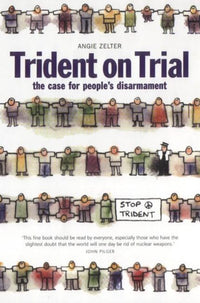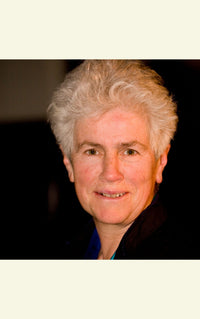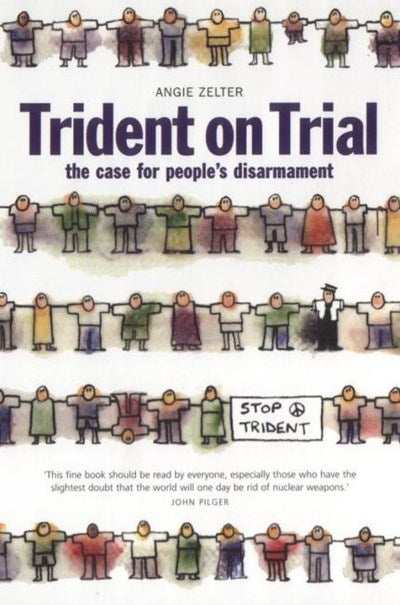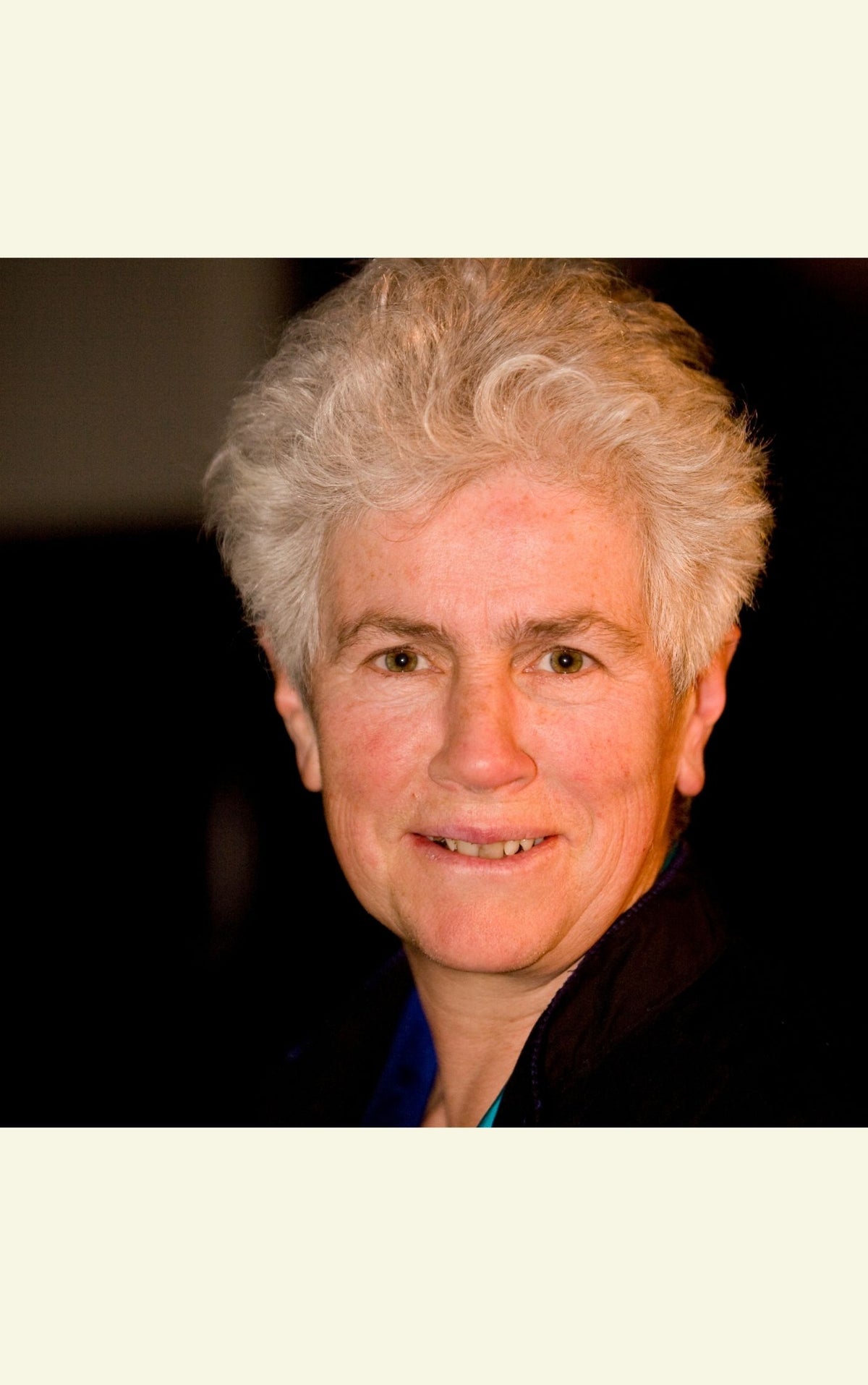Trident on Trial
The Case for People’s Disarmament
- Regular
- £9.99
- Sale
- £9.99
- Regular
- £9.99
- Unit Price
- per
About the Book:
On a beautiful summer's evening in 1999, three women - Ellen Moxley, Ulla Roder, and Angie Zelter - boarded a barge moored on a Scottish loch and threw some computer equipment overboard. Sheriff Margaret Gimblett acquitted 'The Trident Three' on the basis that they were acting as global citizens preventing nuclear crime. This led to what is thought to be the world's first High Court examination of the legality of an individual state's deployment of nuclear weapons...
Is Trident inherently unlawful and immoral?
When can a state use or threaten to use nuclear weapons?
Should international law take precedence over a sovereign government's?
Can a government be held accountable for ownership of weapons of mass destruction?
When is a citizen justified in acting against what she reasonably believes to be Government crime?
In whose name does the UK government deploy 144 nuclear warheads, each around 10 times the power of that dropped on Hiroshima killing some 150,000 people?
The High Court failed to answer any of these questions. Trident Ploughshares continues to challenge the legitimacy of UK Nuclear Forces. In 1996 the International Court of Justice (ICJ) issued its Advisory Opinion on the Legality of the Threat or Use of Nuclear Weapons. The ICJ is also known as the World Court and is the judicial arm of the United Nations used for adjudicating disputes between nations. The Advisory Opinion stated that the threat or use of nuclear weapons would generally be contrary to the rules of international law applicable in armed conflict. This ruling was to affect Angie Zelter's life profoundly. It was the beginning of Trident Poughshares, the civil-resistance campaign of People's Disarmament. This is Angie's personal account of the campaign. It also includes profiles of and contributions by some of the people and groups who have pledged to prevent nuclear crime in peaceful and practical ways. Without such public pressure governments will not abide by the Advisory Opinion nor implement their international agreements to abolish nuclear weapons.
About the Author:
 ANGIE ZELTER is a well-known campaigner on peace, justice, environmental and human rights issues. She works at the grass-roots level in the UK and abroad, encouraging and supporting global citizens, acting in the public interest, and showing by her example, creative and nonviolent ways to resist the cruelty, waste and pollution of society's present-day structures. She is a founder member of the Institute for Law and Peace, Trident Ploughshares, the International Women's Peace Institute – Palestine, Faslane 365 and Action Atomic Weapons Eradication. She is a recipient of the 1997 Sean McBride Peace Prize (for the Seeds of Hope Ploughshares action), and the 2001 Right Livelihood Award (on behalf of Trident Ploughshares). She now lives in Wales working with others to manage woodlands for local use whilst preserving bio-diversity and on various local organic food growing projects.
ANGIE ZELTER is a well-known campaigner on peace, justice, environmental and human rights issues. She works at the grass-roots level in the UK and abroad, encouraging and supporting global citizens, acting in the public interest, and showing by her example, creative and nonviolent ways to resist the cruelty, waste and pollution of society's present-day structures. She is a founder member of the Institute for Law and Peace, Trident Ploughshares, the International Women's Peace Institute – Palestine, Faslane 365 and Action Atomic Weapons Eradication. She is a recipient of the 1997 Sean McBride Peace Prize (for the Seeds of Hope Ploughshares action), and the 2001 Right Livelihood Award (on behalf of Trident Ploughshares). She now lives in Wales working with others to manage woodlands for local use whilst preserving bio-diversity and on various local organic food growing projects.




